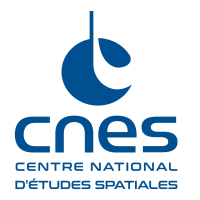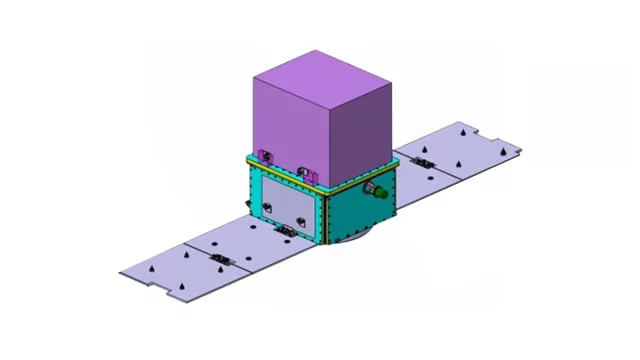CNES’s Myriade-Evolutions programme is developing a modular bus for satellites in the 350-400-kilogram class, to be launched between 2015 and 2030. Its key advantages are low cost, fast-track scheduling and the ability to accommodate a range of different missions.
Key information
| Mission | Supply a spacecraft bus for satellites in the 350-400-kg class |
|---|---|
| Domain | Cross-cutting |
| Start date | First launch date to be defined |
| Partners | Thales Alenia Space and Airbus Defence & Space |
| Where | Earth orbit at altitude of 500 to 800 km |
| Lifetime | Indefinite |
| Status | In development |
Key figures
- 350 to 400 kg: mass of satellites integrated on bus
- 150 kg: payload capacity
- 150 W of power for payload
- <0.035° pointing precision
Key milestones
- 2028: Launch of MERLIN, carrying DLR’s methane-sensing lidar on a Myriade-Evolutions bus
- 2024: Launch of THEOS 2 built around Myriade-Evolutions by Airbus Defence & Space
- 2018: Launch of PERUSAT built by Airbus Defence & Space incorporating numerous Myriade-Evolutions systems
- Early 2017: First Myriade-Evolutions bus built for MERLIN satellite
- 2015: Myriade-Evolutions bus becomes available
- 2011: Start of Myriade-Evolutions project’s study phase
- 1998: Start of development of Myriade bus
Project in brief
Myriade-Evolutions spacecraft buses will be compatible with most European institutional launchers, as well as with the commercial market and micro-launchers now in development. Designed to operate in orbits of 500 to 800 kilometres for Earth-observation, universe science and defence missions, their nominal orbital lifetime is seven years.
Besides designing and building the bus, the Myriade-Evolutions programme is also developing associated simulators and databases. The bus is ISIS1-compliant (Initiative for Space Innovative Standards) to assure satellite interoperability with ISIS ground control centres.
CNES’s role
Initiated by CNES and executed in partnership with Thales Alenia Space and Airbus Defence & Space, the programme is being funded through the Space budget line of the French government’s PIA future investment plan.
Contacts
Myriade Project Leader
Philippe Landiech
E-mail: philippe.landiech at cnes.fr


